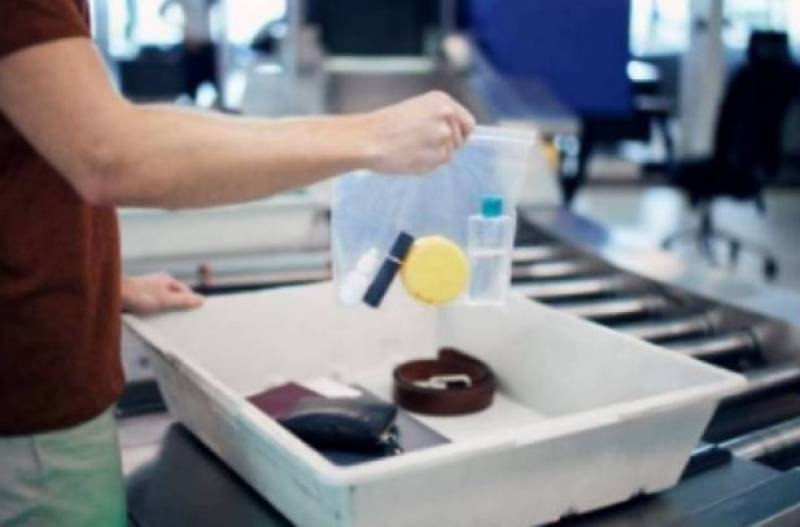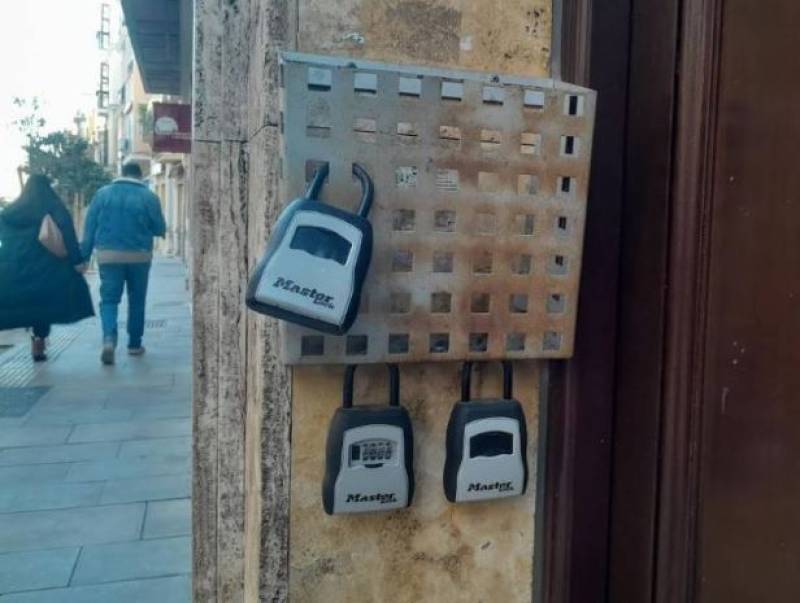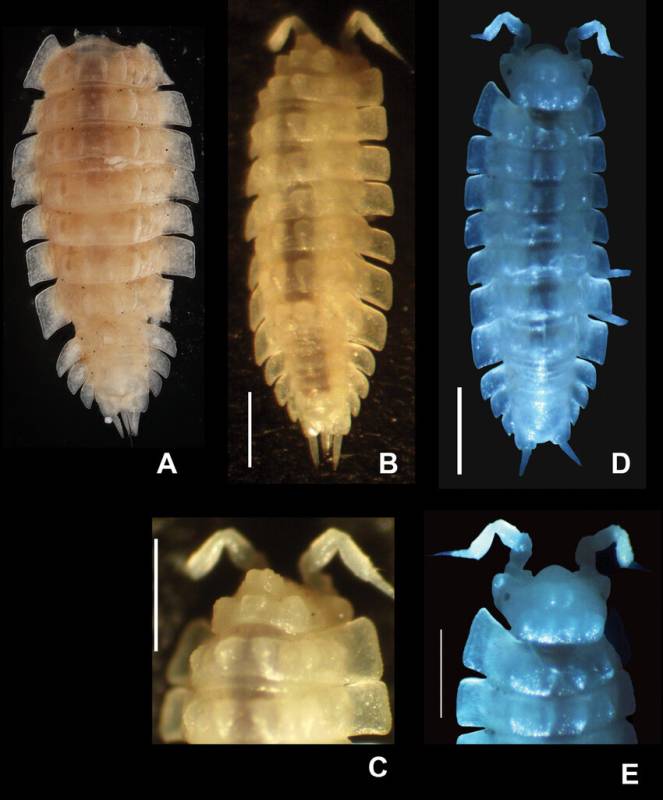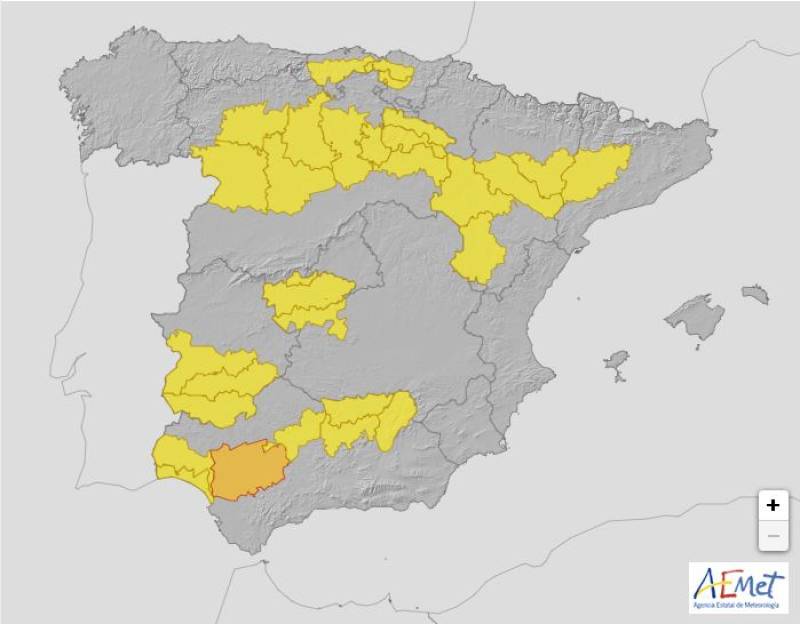

- EDITIONS:
 Spanish News Today
Spanish News Today
 Murcia Today
Murcia Today
 Alicante Today
Alicante Today
Date Published: 30/05/2025
Spain to ban flushing wet wipes and releasing balloons to curb plastic pollution
The new measures aim to target two major contributors to marine and sewage waste, placing the onus on manufacturers

Spain’s Ministry for Ecological Transition is set to introduce a new ban on flushing wet wipes down the toilet and intentionally releasing balloons into the environment. The move is part of a broader strategy to combat marine litter and reduce the environmental burden of single-use plastics.
According to a draft of a Royal Decree law, the new regulation will also require manufacturers of wet wipes and balloons to cover the costs of cleaning up related waste in sewage and water purification systems. The proposal does not outline penalties for private citizens, it shifts responsibility to the industry, aiming to prevent further strain on public infrastructure and ecosystems.
This follows a series of European and national-level initiatives to restrict single-use plastics. After glitter, plastic straws, cotton buds and cutlery were banned, attention has now turned to wet wipes and balloons, which listed as the fifth and ninth most common single-use plastic items on EU beaches, respectively.
The Ministry underlines the severe impact these products have on urban sanitation systems and marine environments. Even wet wipes which are marketed as ‘flushable’ or ‘biodegradable’ do not fully disintegrate and can cause major blockages in sewers. The Spanish Association of Water Supply and Sanitation (AEAS) estimates that such damage leads to annual cost overruns of €230 million.
“These wipes reduce water retention capacity and raise the risk of overflows during heavy rainfall,” explains the Ministry. “They contribute to microfibre pollution and pose a threat to aquatic ecosystems.”
The regulation will apply to all types of wet wipes, including those for babies, personal hygiene and household use. The ministry warns that the biodegradable label can mislead consumers, as the breakdown of these products in natural environments is often incomplete and slow.
In parallel, the decree also targets the use of balloons made from synthetic materials such as foil-coated nylon or chemically modified latex. The widespread release of balloons at outdoor events, often seen as harmless or symbolic, has serious environmental consequences, particularly for marine wildlife.
“The deliberate act of releasing balloons into the air is driven by cultural trends but results in a highly visible form of marine litter,” the draft law states. “There are currently no design alternatives that significantly reduce their environmental impact.”
Manufacturers will be required not only to finance clean-up operations, but also to cover the costs of transporting and treating collected waste, gathering data on pollution, and funding public awareness campaigns.
The measures form part of Spain’s implementation of the 2019 EU directive aimed at reducing the 10 single-use plastic products most commonly found on beaches and in the sea. Items like plastic plates, cutlery and swabs have already been banned from sale since 2021.
Although details on enforcement at the consumer level remain unclear, the regulation signals a growing commitment to environmental accountability, especially from the companies placing these products on the market.
staff.inc.and
Loading
See more environmental news about Spain:
OR
Sign up for the Spanish News Today Editors Roundup Weekly Bulletin to get a comprehensive email with all the week’s news for Spain, Murcia, Alicante and Andalucía.
Get a sneak peek – here are a few of our recent Subscription Bulletins:
Discount Special Offer subscription:
36.95€ for 48 Editor’s Weekly News Roundup bulletins!
Please CLICK THE BUTTON to subscribe.
Contact Murcia Today: Editorial 000 000 000 /
Office 000 000 000






















